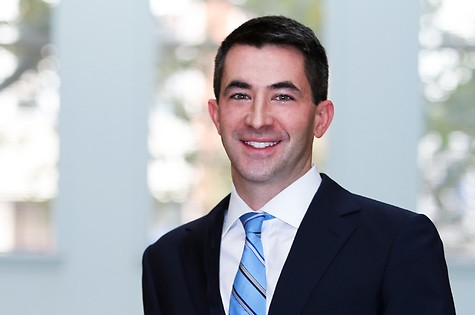Understanding Mediation in the Connecticut Probate Court System
By: Philip C. Pires
Litigation and disputes in the Connecticut Probate Court can be overwhelming and emotionally charged. Thankfully, the Connecticut Probate Court offers mediation as an alternative to traditional litigation. This approach can save time and money while helping to preserve relationships among family members.
What Is Probate Mediation?
Probate mediation is a voluntary process where a neutral third-party mediator facilitates communication and negotiation between parties involved in a probate dispute. The mediator’s primary role is to help participants explore potential resolutions and better understand each other’s perspectives. The mediator does not impose decisions but instead encourages collaborative problem-solving.
How Does the Connecticut Probate Mediation Program Work?
- Requesting Mediation: The mediation process begins with a formal request for mediation filed with the Connecticut Probate Court. All parties must agree to mediation and sign the request. A proposed mediator must be selected in the filing. The Probate Court provides a list of current and retired judges qualified to serve as mediators.
- Scheduling the Session: Once approved, the Probate Court will schedule a mediation session. Sessions can take place in person or remotely, offering flexibility to accommodate the needs of all parties.
- The Mediation Session: During the session, the mediator will guide discussions around the issues in dispute, help identify common ground, and suggest potential solutions to encourage resolution. The mediator will also help both sides understand the strengths and weaknesses of their respective cases and the risks of having the issue adjudicated as opposed to resolved by agreement.
- Resolution or Next Steps: If an agreement is reached, the parties will draft and sign a written agreement, which is then submitted to the court for approval. If no agreement is reached, the matter returns to the Probate Court for resolution through traditional litigation.
Why Choose Mediation in Connecticut Probate Court?
- Cost-Effective: Mediation often requires less time and fewer resources than court litigation. The Connecticut Probate Court Meditation Program’s mediation fee is only $350.
- Time-Efficient: Disputes can be resolved more quickly compared to the lengthy court process.
- Confidential: Unlike court proceedings, mediation discussions are private.
- Relationship Preservation: Mediation fosters collaboration and may reduce the strain on family relationships.
Private Mediation as an Alternative
In addition to the Connecticut Probate Court Mediation Program, parties can hire a private mediator to mediate the dispute. Often the private mediator is a retired Connecticut Probate Court judge or an experienced attorney in probate litigation matters. Private mediators are significantly more expensive than the Connecticut Probate Court Mediation Program, but private mediators often afford the parties greater flexibility in scheduling when the mediation will occur.
Need Help Navigating Mediation in Connecticut Probate Court?
At Cohen and Wolf, we have extensive experience guiding clients through probate disputes, including mediation. Whether you are considering mediation or preparing for litigation, our knowledgeable Connecticut probate litigation attorneys are here to support you every step of the way.
Contact us today to schedule a consultation and learn more about how we can help you resolve your Connecticut Probate Court matter.
Practice Areas
Attorneys
- Principal

